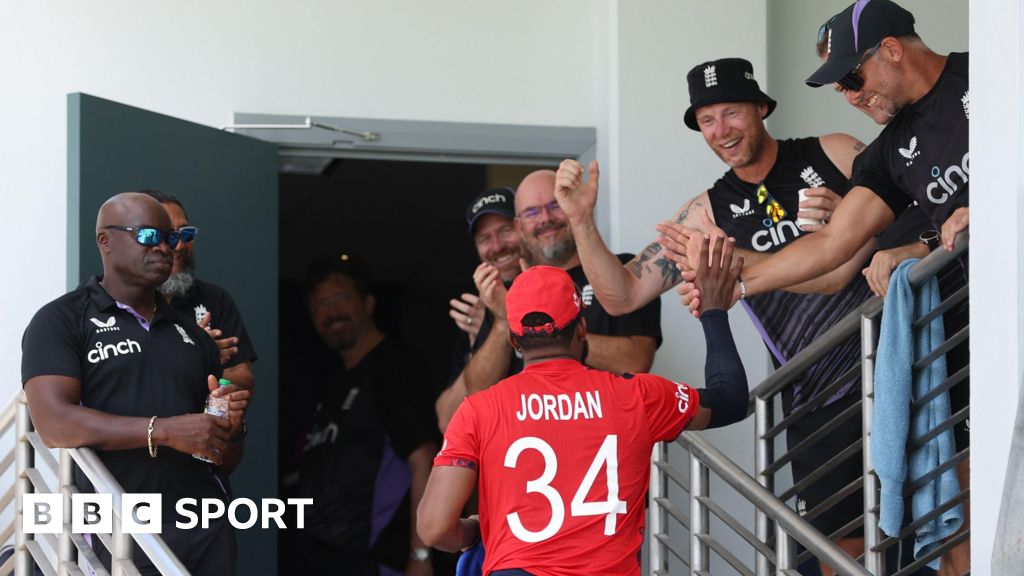A defeat of Ukraine would bring the next world war closer | GLOBSEC

Some political forces in Europe and North America are arguing for a halt to support for Ukraine to promote peace between Moscow and Kyiv and prevent the situation from spiraling out of control and toward “World War III.” While the desire for peace in Ukraine is nearly universal outside Russia and its allies, granting what the aggressor wants will only endanger the security of Western nations, as was the case in the late 1930s, argues Patrik Szicherle, research fellow at GLOBSEC.
On September 30, 1938, then British Prime Minister Neville Chamberlain was met with ecstatic crowds upon his return to London from Germany. The British premier had just signed the Munich Agreement, which allowed Nazi Germany to occupy the Sudetenland, as well as a “German-British agreement” on “the symbolic desire of our two peoples never to go to war again.” On the second floor of 10 Downing Street, Chamberlain told the cheering crowds – many of whom had vivid memories of World War I – that the agreement was “peace for our time.” This peace, however, lasted less than a year, until Germany attacked Poland on September 1, 1939. Britain’s (and France’s) policy of appeasement toward Germany was driven by a desire to avoid bloodshed, but it lacked an understanding of the German Chancellor’s true character and goals. Back then, democratic countries tried to appease autocrats by simply giving them what they wanted until London and Paris had no choice but to strike back.
Putin is as unpredictable and ambitious as the German chancellor in the late 1930s. In 2024, the West should understand today’s Russia much better. Vladimir Putin, after all, ordered the invasion of Ukraine on the advice of a few like-minded advisers. He started the largest war Europe has seen since 1945 with an unprepared military, catching his own officials off guard. The Russian president’s reliance on “yes-men” in his security apparatus and his own conspiratorial mindset pose further dangers. He openly hinted that his ambitions were not limited to Ukraine, having called for the withdrawal of NATO forces behind the alliance’s 1997 borders before the invasion. Moreover, the Kremlin threatens NATO with nuclear weapons almost daily.
The results of the 2024 GLOBSEC Trend Survey show that on average 74% of Central and Eastern European respondents in Bulgaria, the Czech Republic, Estonia, Latvia, Lithuania, Poland, Romania and Slovakia believe that supplying military equipment to Ukraine helps it in its self-defense. However, the survey also shows that the threat of a direct confrontation between NATO and Russia does indeed affect these societies: 47% agree that supplying military equipment to Ukraine provokes Russia and brings war closer. In Latvia, the share of those who agree with this opinion increased from 29% in 2023 to 41% in 2024. Even in Poland, about a third of the population has such concerns.
However, appeasing Russia by forcing Kyiv to agree to a unilateral “peace deal” would not be a long-term solution. In fact, such measures would only help Russia grow stronger and further advance its desire to challenge the West. It is certain that once Ukrainian resistance is broken, Moscow would return to its previous demands on NATO. Russia-linked provocations against EU and NATO members would likely continue and possibly even intensify. Let us not forget that just two weeks before the full-scale invasion of Ukraine, the Russian Foreign Ministry called statements about a possible war “absurd.” That is how credible Putin’s statements that he will not attack anyone from the Western alliance should be. This does not mean that a Russian attack on the Baltics is imminent. But it does show that the West as a whole should continue to prepare for confrontation. This means rejuvenating the Western arms industry, improving the training and equipment of armed forces throughout the West, and working on military recruitment.
Tangible and rapid investments in (primarily) European armies and the defense industry would already improve NATO and EU citizens’ sense of security. Continued support for Ukraine is equally important. But politicians must also understand that mere moral superiority does not guarantee continued public support for Ukraine. Politicians must regularly explain to their citizens how funding Ukraine’s defense benefits their respective countries in the long run. They must understand that supporting a war is expensive, but not as expensive as participating in one. Listening to the so-called peace activists and letting Russia win would only make the Kremlin stronger and bolder. Only by showing Russia strength and helping Ukraine fight can the West ensure that the world is not pushed into a brutal global confrontation for the third time.



